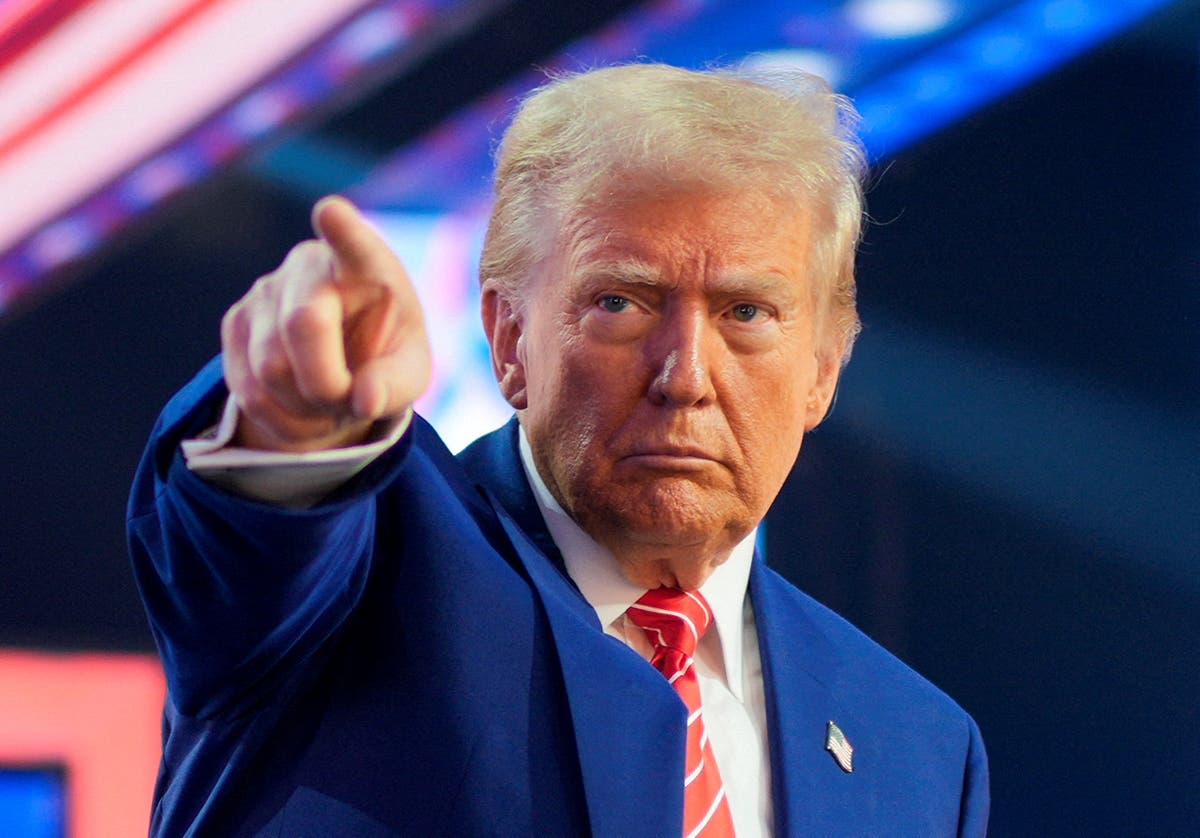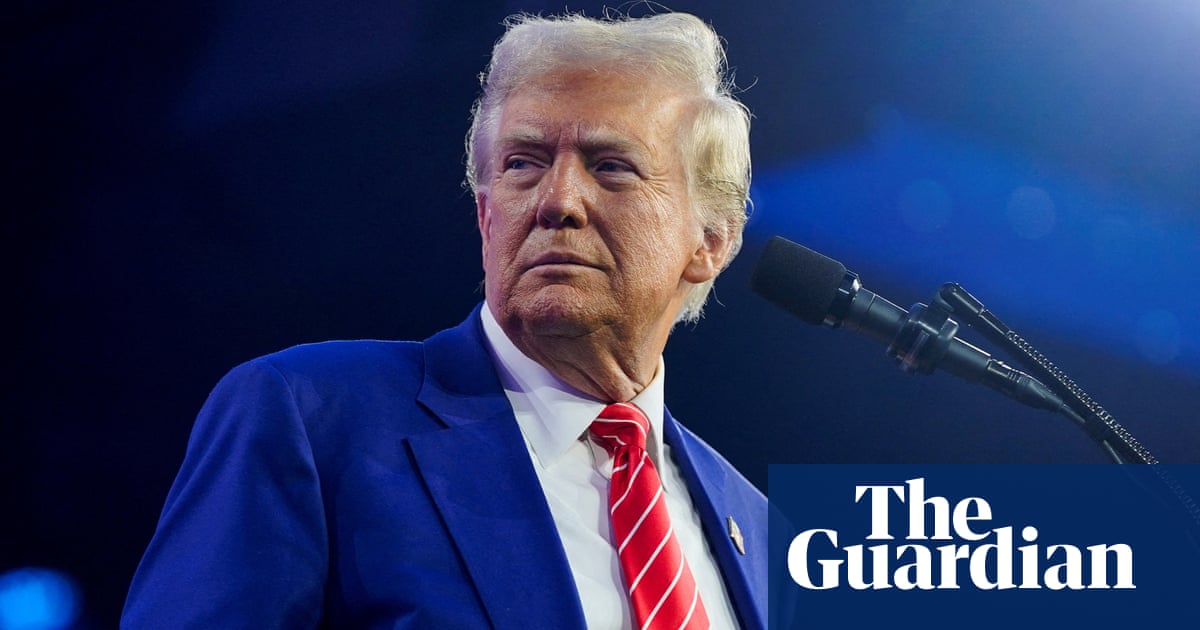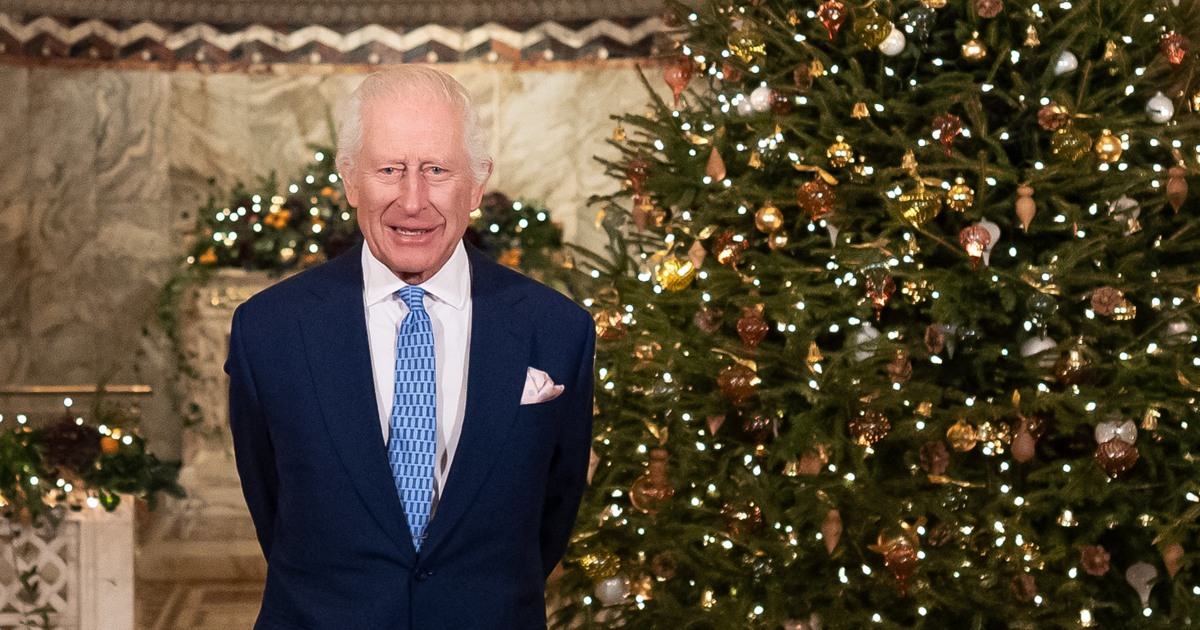World
In 15 days, the end of the election that may reshape the world

Washington: The world’s most important election is underway. Over ten million American voters have already voted to elect their own president either through mail-in ballots or early in-person voting. November 5, the day of the US elections, is actually the final day of voting.
Every American election appears more critical than all that have happened before it. This may stem from the narcissism of the moment. But the past has shaped the present and each election has changed America and world in some way.
But perhaps no election is as critical as this one. Kamala Harris’s candidacy makes it historic in its own way, for it will be the first time a woman who is also Black and South Asian has come so close to being elected American president. But the real importance of the election comes from the nature of the Donald Trump candidacy and the fact that he is now making a bid for the White House with experience, an ideologically more cohesive agenda, and a more disciplined and committed team to implement it. If he wins, the nature of the American political executive, international political system, and global economics is bound to change even as the global movement of “national conservatism” will acquire power like it never has.
For the next 15 days, in the run up to the end of the American elections, HT will bring ground reports, analysis, interviews and offer a glimpse of campaign strategies and voter attitudes from a set of swing states and Washington DC to capture the most important democratic political exercise of this year.
How US polls shaped the last 25 years
But first, play around with some counterfactual history of the last two-and-a-half decades to grasp how US elections shape the world.
Would the world be the same if Al Gore had won in 2000 instead of George W Bush? The 9/11 attacks may or may not have happened. If it did happen, the US would have surely responded. But the nature of the response may have been different, and that would have made Afghanistan’s contemporary history different. For sure, the US won’t have invaded Iraq, killed hundreds of thousands, and destabilised all of West Asia. There would have been no Islamic State that grew out of that war. Climate would have got on the top of the global agenda much before it finally did. And closer home, India and the US would not have had a civilian nuclear deal.
Would the world be the same if John McCain had defeated Barack Obama in 2008? How America dealt with the global financial crisis would have been different. America won’t have had its most ambitious health care reform legislation. Libya would probably have a different history. And If Mitt Romney had defeated Obama in 2012, there would have neither been a Paris climate pact nor the Iran nuclear deal.
The world would definitely not have been the same if Hillary Clinton had defeated Donald J Trump. The economic consensus won’t have got shattered and protectionism won’t have made a comeback. While a pivot to Asia had been announced earlier under Obama, it is unlikely that America would have ruptured the relationship with China and identified it as a clear adversary. There may not have been the Abraham Accords between Israel and its Sunni adversaries. American democracy won’t have seen the resurgence of White supremacist politics. The Supreme Court won’t have had three ultra conservative judges, abortion would still have enjoyed legal protection, there would be no January 6 insurrection, the US won’t have walked out of the Paris pact, and Covid-19 would have been dealt with distinctly.
And, of course, if Trump had defeated Biden in 2020, there won’t have been a climate, infrastructure and semiconductor legislation of the form that US Congress passed. Russia may or may not have invaded Ukraine but the West surely won’t have consolidated as it did against Vladimir Putin. The withdrawal from Afghanistan would have happened, but perhaps not in the same manner. Washington DC would still have been aggressive against Beijing, but it is unlikely that US would have cemented the alliances in the structured and methodical manner that it currently has in the Indo-Pacific. And there would have been trade wars galore.
Put it together and it is clear that voters in select districts in select states of America, thanks to both US’s power but also its peculiar electoral system, have a power to define the world that is way in excess of any rational logic. It is also a power that they wield without even realising fully the implications of that power.
The three big implications of 2024
And that brings us to 2024. This election, like all American elections, is crucial, but it is perhaps more crucial because what’s at stake is the very nature of US state and its role as a global power. Think of the three big consequences of the outcome this November, especially if Trump wins.
For one, whether US continues to have the same state apparatus or not is on the ballot this year. While Trump has distanced himself from Project 2025, the Heritage Foundation blueprint of what his next term should look like, Trump and his team have called for an overhaul of the American bureaucracy through the use of a provision that allows the political leadership to get rid of permanent bureaucrats as a prelude to placing party loyalists. They have called for an overhaul of the American justice system where Department of Justice is no longer autonomous. They have called for an overhaul of the American deep state based on the conviction that intelligence agencies are against Trump and his movement.
Trump himself has called for retribution and even the use of the military against the “enemy within” in an allusion to critics. His team has called for either the abolition or dramatic whittling down of American regulatory agencies in all domains, from those that oversee environment to competition to education. And in the backdrop of Trump’s past record of judicial appointments, his advisors have hinted at least two new nominations to the Supreme Court by nudging two of the older conservative judges to retire — which would give the far-Right a clear majority on the bench for the next several decades.
And so if Trump wins, and Republicans also take the Congress (they are poised to take the Senate), the American State will look radically different by 2028. The presidency will become even more imperial, the regulatory state will become weaker, the coercive state will become stronger, and the judicial element of state will become even more conservative.
Two, how America sees itself in the world is on the ballot. Trump will continue to adopt a much narrower view of what constitutes American national interest than either liberals or neoconservatives. He neither believes America needs to be in the business of exporting democracy and spreading liberalism, nor does he think that it is America’s job to preserve the international order as it exists or enforce rules or preserve international institutions. He doesn’t think much of America’s allies, and he places great premium on his personal charm to shape the behaviour of American adversaries.
In specific terms, this means that the multilateral system will confront an even greater crisis of legitimacy than it does at the moment and the US will essentially retreat from all major UN institutions if it can’t get them to abide by DC’s diktats. The nature of American support for Ukraine will change and Washington DC will push Kyiv to agree to terms of a peace accord with Moscow that will entail territorial concessions, something that Volodymyr Zelensky has been unwilling to make so far. It will probably mean more latitude to Israel to escalate the confrontation with Iran, but while deepening its partnership with Saudi Arabia and turning it from a covert one to an open diplomatic relationship. And it will mean a policy of geopolitical confrontation with China, but interspersed with Trump’s forays into personal deal-making with Xi Jinping, with no one quite clear on the balance between the two and which way Trump will tilt.
Three, the nature of international economic arrangements, both in terms of the flow of goods and flow of people, are on the ballot. For the past decade, ever since Trump’s rise to power, there has been a process of turning back from the more open trading regime that dominated the world from the 1980s and 1990s. Trump and his top trade czar, Robert Lighthizer, believe that this came at the cost of American production capacity and strength. Trade hollowed out American manufacturing, took away American jobs, and led to Chinese goods flooding American markets. A “globalist” paradigm saw American investors move to foreign locations to invest rather than investing at home.
All of this, in their view, can be reversed with two blunt instruments. The first is tariffs, with Trump promising to impose an across the board tariff hike for all imports, with higher tariff for Chinese imports. The second is a carrot and stick policy for American majors, the former to stay home and the latter if companies take their operations outside. Add to this Trump’s strong anti-immigrant position, including a promise to deport illegal immigrants; this appeal of course draws from social and racial factors, but it also has economic implications for American labour markets and nature of global migration.
And therefore, given America’s prime place as a trading partner, global investor, home to people from across the world, and a norm-setter, the entire structure of international economic arrangements and mobility are on the ballot.
A Kamala Harris presidency will shape America and the world in its own way. But its biggest implication will be in preventing the transformation that Trump promises, for good or bad, depending on how you view that transformation. It is this battle that is underway in America and will capture global attention over the next fortnight.









